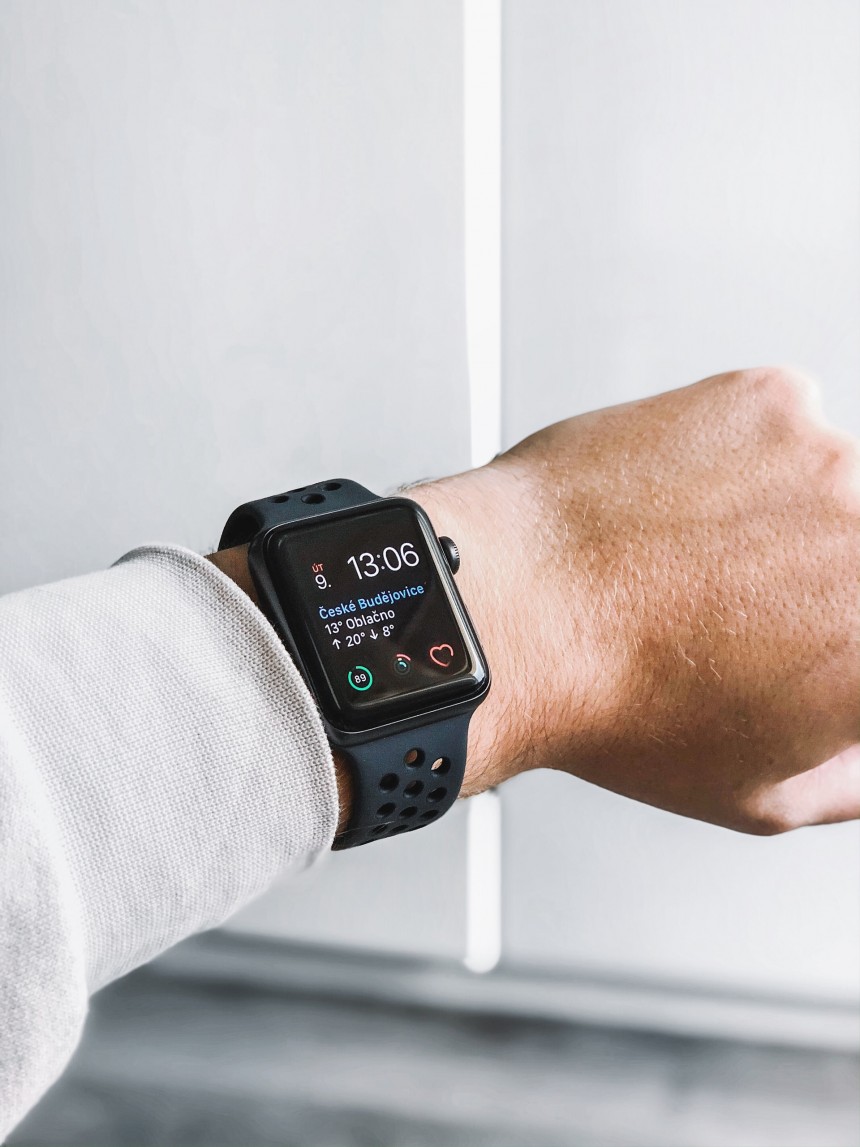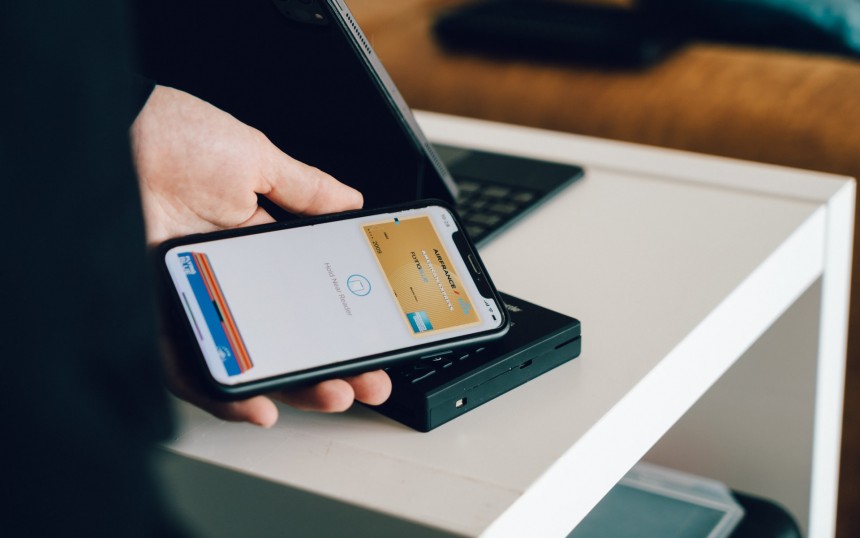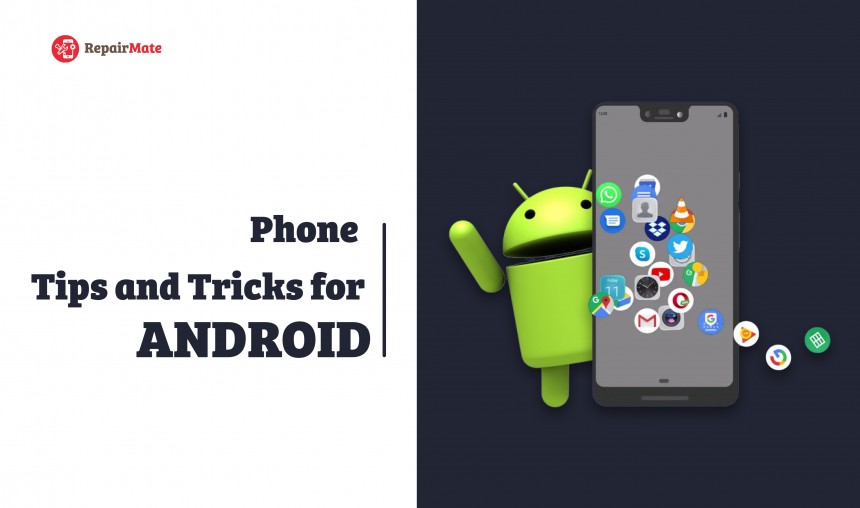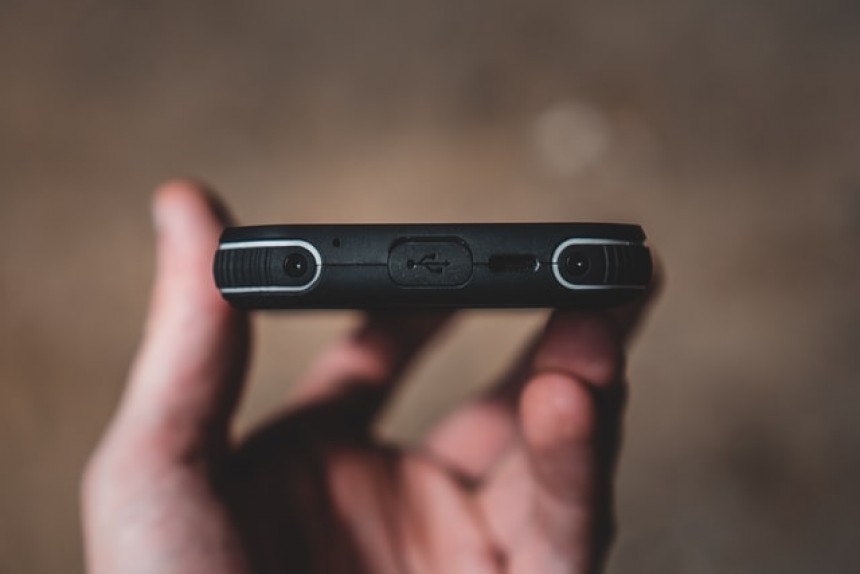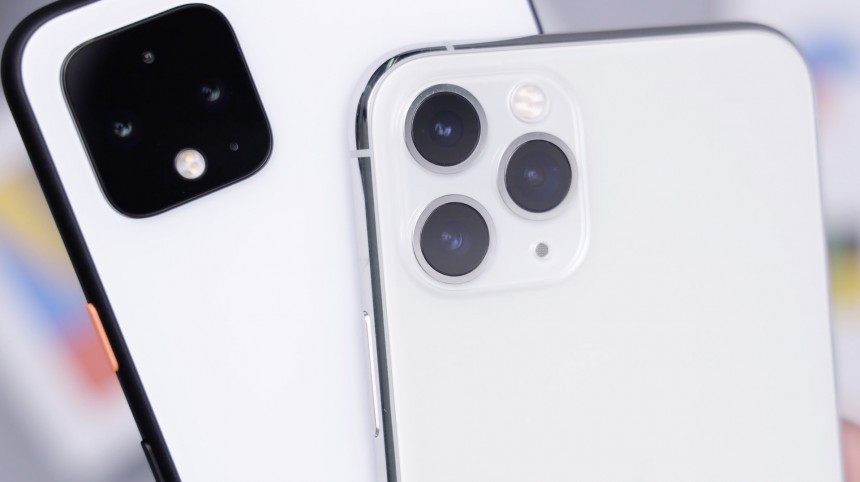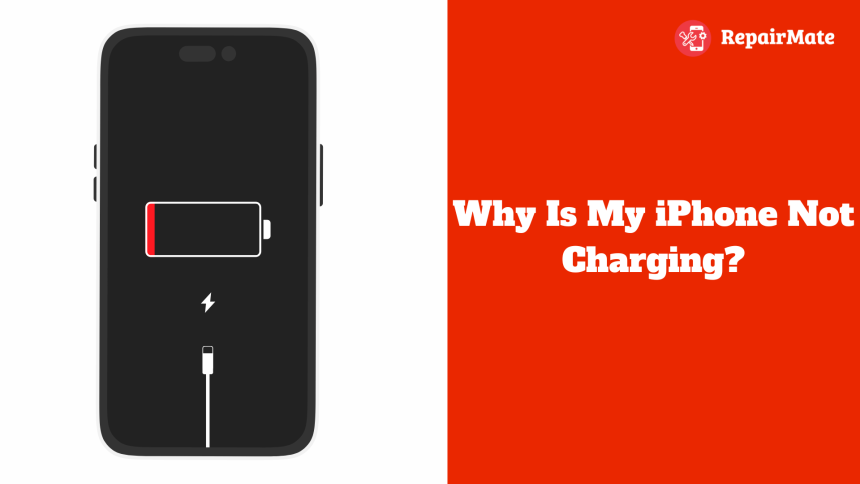
Why Is My iPhone Not Charging
Why Is iPhone Not Charging?One of the most common charging problems that iPhone users face is a device that simply won't charge. This can be incredibly frustrating, especially when you need your phone for important tasks or emergencies. Understanding the common reasons behind these charging issues can help us troubleshoot and resolve them more effectively.
Charging an iPhone is an essential part of our daily routine. Whether it's for work, communication, or entertainment purposes, we rely heavily on our iPhones to stay connected and productive throughout the day. However, there are times when we encounter frustrating charging problems that hinder our ability to use our devices effectively.
Key Takeaways
- iPhone charging issues can be caused by a variety of factors, including battery health, charging port problems, cable issues, overheating, software updates, and more.
- Battery health is a key factor in charging problems, as older batteries may not hold a charge as well as newer ones.
- Charging port problems can often be solved by cleaning the port or replacing it entirely.
- Cable issues can be fixed by using a different cable or checking for damage to the cable itself.
- To prevent charging problems, it's important to keep your iPhone and its accessories clean and dry, avoid using third-party accessories, and keep your software up to date.
Common Reasons Why an iPhone Won’t Charge
Common reasons why an iPhone won't charge
1. Battery issues
Over time, batteries degrade and lose their ability to hold a charge efficiently. If your iPhone's battery health has deteriorated significantly, it may struggle to charge properly.
2. Charging port problems
The charging port on your iPhone can accumulate dust and debris over time, leading to poor contact between the charger and the device itself.
3. Cable issues
Damaged or frayed cables can prevent proper power transfer from reaching your iPhone's battery.
4. Overheating
Excessive heat generated by your device during usage or exposure to high temperatures can cause charging problems as it affects the battery's performance.
5. Software updates
Occasionally, software updates may introduce bugs or compatibility issues that affect how your device charges.
6.Battery draining too quickly
If you notice that your battery drains rapidly even with minimal usage, it could impact how well your device charges as there might not be enough power left in the battery for a full charge cycle.
7.Wireless charging problems
While wireless chargers offer convenience and flexibility in terms of usage, they may encounter connectivity issues or compatibility problems with certain devices which could lead to inconsistent or slow charging speeds.
8.Third-party accessories:
Using third-party chargers or cables not certified by Apple can cause charging problems as they may not meet the necessary standards for safe and efficient power transfer.
9.Water damage:
Accidental exposure to water or other liquids can damage the internal components of your iPhone, including the charging circuitry, leading to charging issues.
10.Hardware problems:
Faulty hardware components such as a damaged battery connector or a malfunctioning power management chip can prevent your iPhone from charging properly.
Battery Health and Its Impact on Charging
The health of your iPhone's battery plays a crucial role in its ability to charge effectively. As mentioned earlier, over time, batteries degrade and lose their capacity to hold a charge efficiently. This degradation is influenced by various factors such as usage patterns, temperature exposure, and overall battery care.
To maintain good battery health and ensure optimal charging performance:
1. Avoid extreme temperatures
Exposing your device to high temperatures (e.g., leaving it in direct sunlight) or extremely cold conditions can accelerate battery degradation. It's best to keep your iPhone within the recommended temperature range for optimal performance.
2. Avoid frequent full discharges
Contrary to popular belief, fully discharging your iPhone's battery regularly does not improve its longevity. In fact, it may have an adverse effect on its overall health. Instead, aim for shallow discharge cycles (20-80%) whenever possible.
3. Optimise settings
Adjusting certain settings on your device can help conserve battery life and reduce strain on the battery during charging cycles. For example, reducing screen brightness or enabling low-power mode when not needed can extend overall usage time between charges.
4. Use original chargers and cables
Apple-certified chargers and cables are designed specifically for compatibility with iPhones' unique power requirements. Using non-certified accessories may result in inefficient power transfer or even potential damage to both the charger/cable itself and your device's internal circuitry.
5.Regularly update software
Keeping up with the latest software updates provided by Apple can help address any known charging-related bugs or issues. These updates often include optimisations and improvements that enhance overall battery performance.
Also Read: Is charging phone from laptop bad?
Charging Port Problems and Solutions
The charging port on your iPhone is a critical component that allows for the transfer of power from the charger to your device's battery. However, over time, it can accumulate dust, lint, or debris, leading to poor contact between the charger and the device itself.
Common iPhone charging port issues include:
1. Obstruction: Dust or debris may accumulate in the charging port, preventing proper connection between the charger and your iPhone.
2. Bent pins: Accidentally inserting a cable forcefully or at an angle can cause damage to the pins inside the charging port, resulting in poor contact.
3. Corrosion: Exposure to moisture or liquids can lead to corrosion within the charging port area, hindering proper power transfer.
To fix these issues:
1. Clean out debris: Gently use a toothpick or a small brush to remove any visible dust or lint from within the charging port area. Be careful not to damage any of the pins while doing so.
2.Check for bent pins: Inspect your iPhone's charging port carefully using a flashlight if necessary. If you notice any bent pins, it's best to take your device to an authorised service center for professional repair.
3.Address corrosion: If you suspect there is corrosion within your iPhone's charging port due to exposure to moisture or liquid damage, it is crucial not to attempt cleaning it yourself as this could potentially cause further damage. Instead, seek professional assistance from an authorised service provider who can properly clean and repair your device if needed.
Check out: Should i have VPN on my iPhone?
Cable Issues and How-to Fix Them
Cables are another common culprit when it comes to iPhone charging problems. Over time they may become damaged due t o wear and tear, resulting in intermittent charging or no charging at all. To fix this issue, try using a different cable to see if the problem lies with the original one. If the new cable works, then you know the old cable is faulty and needs to be replaced. Additionally, make sure to check for any visible signs of damage on the cable such as fraying or exposed wires. If you notice any damage, it's best to replace the cable to ensure safe and efficient charging for your iPhone.
FAQs
What are the common reasons why an iPhone is not charging?
There are several reasons why an iPhone may not be charging, including a faulty charging cable or adapter, a dirty charging port, a software issue, or a hardware problem.
How can I troubleshoot my iPhone if it is not charging?
You can troubleshoot your iPhone by checking the charging cable and adapter, cleaning the charging port, restarting your iPhone, updating your software, or contacting Apple Support for further assistance.
What should I do if my iPhone is not charging even after trying all the troubleshooting steps?
If your iPhone is still not charging after trying all the troubleshooting steps, you should contact Apple Support or visit an Apple Store for further assistance.
Can a damaged charging cable or adapter cause my iPhone not to charge?
Yes, a damaged charging cable or adapter can cause your iPhone not to charge. It is recommended to use only Apple-certified charging cables and adapters to avoid any potential issues.
Is it possible for a software issue to cause my iPhone not to charge?
Yes, a software issue can cause your iPhone not to charge. It is recommended to update your iPhone to the latest software version to avoid any potential issues.
Can a hardware problem cause my iPhone not to charge?
Yes, a hardware problem can cause your iPhone not to charge. If you suspect a hardware issue, it is recommended to contact Apple Support or visit an Apple Store for further assistance.

